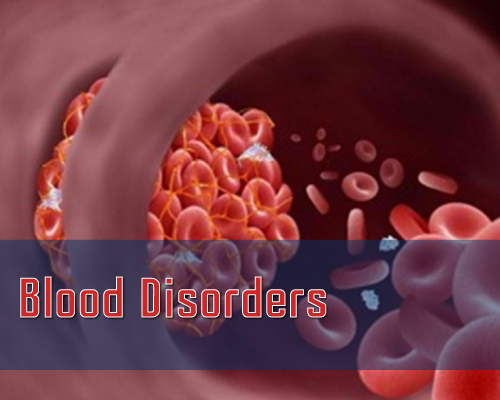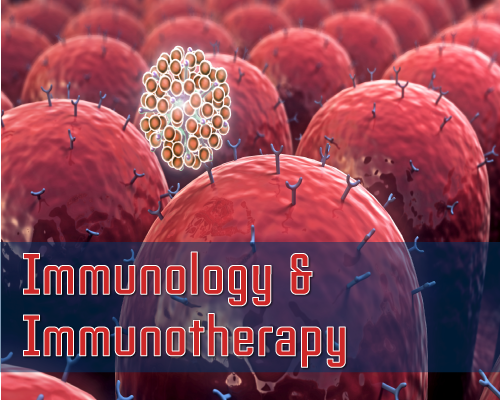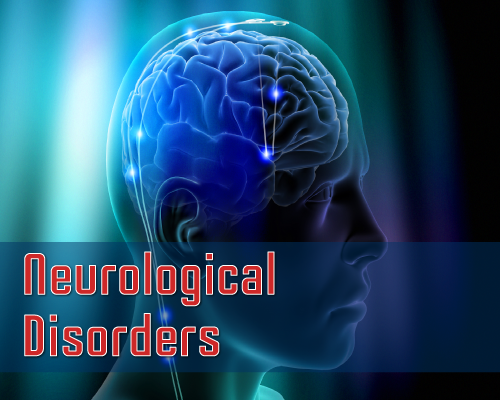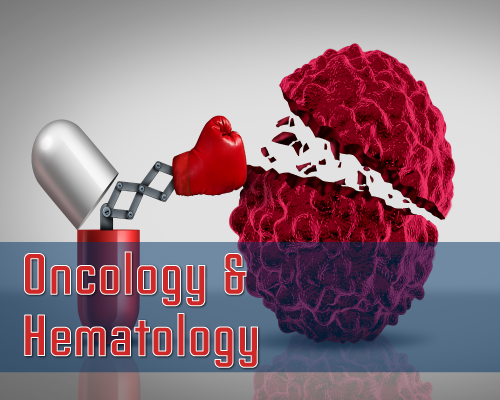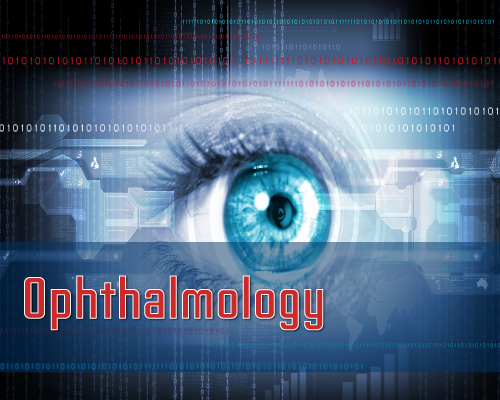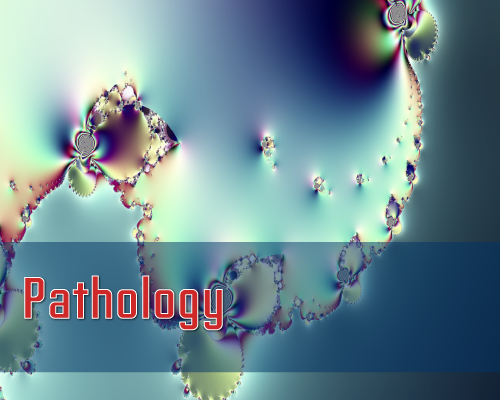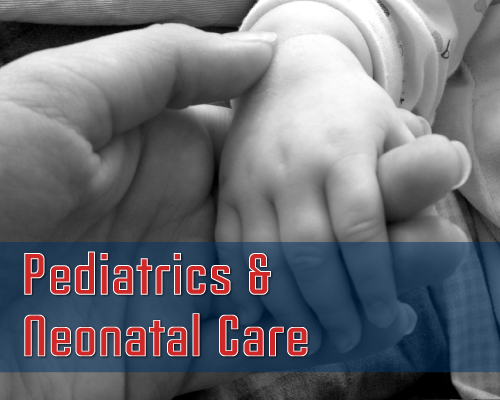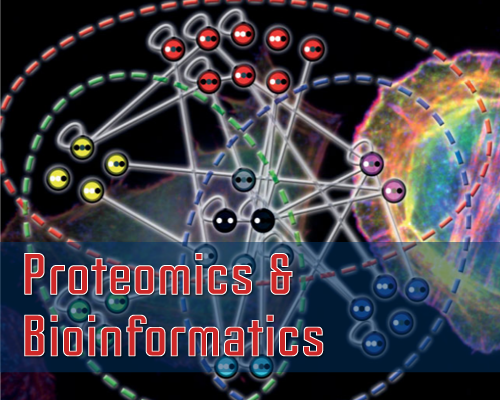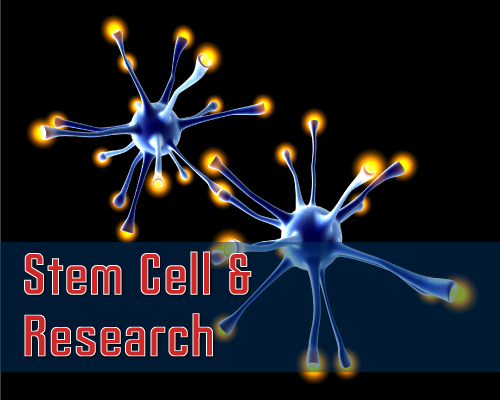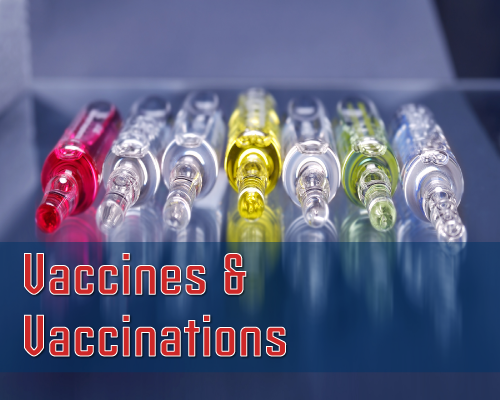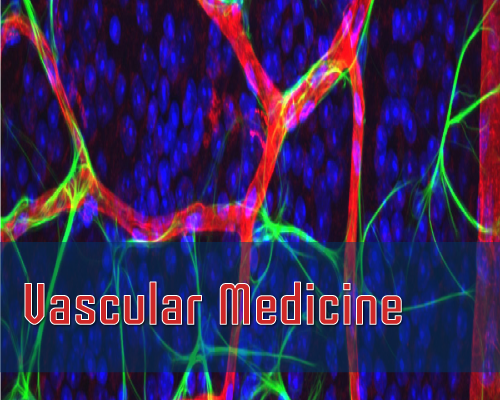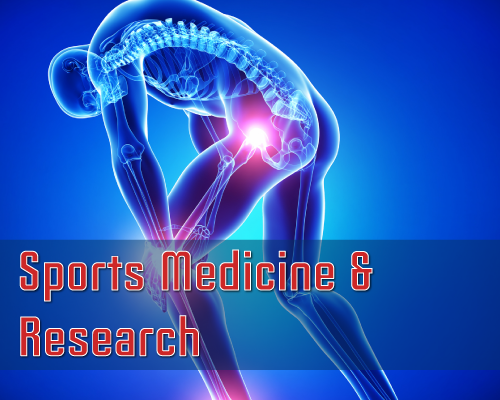Editorial
Self-Consciousness, key in the Understanding of Neurodegenerative Diseases' Behavioural Troubles
Eva M1, ARROYO-ANLLO1 and Roger GIL2
1Department of Psychobiology, University of Salamanca, Spain. Neuroscience Institute of Castilla-Leon, Spain
2Emeriti Professor of Neurology, University of Poitiers, Regional Ethical Space, University Hospital, Poitiers, France
*Address for Correspondence: ARROYO-ANLLO, MD, Department of Psychobiology, University of Salamanca, Spain
Dates: Submitted: 19 November 2015; Approved: 28 December 2015; Published: 31 December 2015
Citation this article: ARROYO-ANLLO EM, GIL R. Self-Consciousness, key in the Understanding of Neurodegenerative Diseases' Behavioural Troubles. Alzheimers Parkinsons Dis Open Access. 2015;1(1): 001-003
Copyright: © 2015 ARROYO-ANLLO EM, et al. This is an open access article distributed under the Creative Commons Attribution License, which permits unrestricted use, distribution, and reproduction in any medium, provided the original work is properly cited.
Keywords: Self, Consciousness, Behaviour, Dementia, Social behavior.
There is considerable evidence that abnormal behaviour is a key feature of many neurodegenerative diseases and may have an important role in the onset and progression of disorders such as Alzheimer's disease, fronto-temporal dementias. The role of self-consciousness (SC) in behavioural troubles of brain diseases is an emerging neuroscience topic, supported by evidence from studies in the last decade of years. These studies have spurred a growing interest in understanding the troubles of SC in neurodegenerative diseases, as well as the development of psycho-therapeutic approaches that may be able to improve the management of behavioural symptoms of patients and their quality of life.
Dementia provides a valuable field of research into impairment of the Self. Our Self is a construction of our minds. But we do not live in isolation and the Self is also a construction of our relations with other selves and most intriguingly, the Self is a construction of its relation with itself. Self-consciousness is the subject's ability to understand his own states of consciousness and it's dependent in the first instance on self-recognition. Self-consciousness alterations are manifested by changes in style of dress, changes in social presentation, changes in political ideology or religion. Thus, SC is multifaceted [1]; it includes awareness of perception, of one's own history, of one's body - that is of its morphological characteristics as well as its position and mobilization in space- and of one's own projects. It is also inseparable from memory, thanks to the identity that all human beings to construct a sense of personal identity. Finally, AC includes a moral consciousness that allows human beings to make judgments about their thoughts and actions [2].
In this Research Topic "Self-Consciousness and neurodegenerative diseases", most of the studies addressing SC essentialy focus on anosognosia or the loss of insight [2, 3]. Our research team elaborated in 2001 a questionnaire of SC (SCQ), which is a clinical scale providing multidimensional measurement of SC [4]. Fourteen questions were selected in order to evaluate seven aspects of self-consciousness from patients, such as: Personal identity, Metacognition, Affective state, Body representation, Prospective memory, Introspection and Moral judgements. These were simple questions intended to study SC as ecologically as possible, i.e. in a manner as close as possible to the everyday life of subjects. Four of these questions concerned identity (What is your name (surname and first name)?; Have you had a job? What was it?; What is the first name of your spouse (or partner)?; What is your mother's first name?), three about knowledge of cognitive disturbances -metamemory or metacognition- (Why have you come to see me?; Do you have any health problems that prevent you from leading a normal life?; Have you got any problem with your memory?), one about self-evaluation of the affective state (Do you feel rather happy or unhappy? Why?), two knowledge about representation of the body (Would you say that you are rather fair or dark-haired?; Are you now sitting, standing or lying down?), one about prospective memory (What are you planning to do shortly or tomorrow?), one about capacities for introspection (If you had to live your life over again, is there anything you would like to change? What?), and two about moral judgements (Is it a good thing or a bad thing to tell a lie? Why?; Is it a good thing or a bad thing to give some money or some food to someone who is starving? Why?).
Neurodegenerative diseases may affect the different aspects of self-consciousness heterogeneously. Among neurodegenerative diseases, Alzheimer's disease (AD) raises the question of impairment of self-consciousness in the clearest and probably most exemplary manner. AD involves cognitive function disorders and leads to a progressive overall deterioration of the intellect and the personality. However, studies of self-consciousness during AD concern essentially the anosognosia of cognitive disorders, except studies from our laboratory. These studies have examined the different facets of self-consciousness (SC) in patients with AD [4, 5]. They found that AD induced a heterogeneous impairment of SC and hence different aspects of SC were not impaired to the same degree. Nevertheless, both studies showed the similar impairment of SC. The aspects most disturbed were awareness of cognitive deficiencies, moral judgements and prospective memory, while the least disturbed were awareness of identity and mental representation of the body. Fargeau et al. [6] also observed that the Social Self dimension was often more impaired in AD patients than other self dimensions such as the Material Self or the Spiritual Self. In addition, results indicated that patients frequently showed impairments of the self in relation to autobiographical semantic memory and apathy. Apathy can be considered as result of frontal dysfunction. Furthermore, our laboratory found a significant correlation between SC and the severity of the cognitive deficiency and a very close correlation with frontal scores at the threshold of significance.
Concerning studies of SC in fronto-temporal dementias, to our knowledge there is only one study addressing SC in patients with behavioural variant frontotemporal dementia [7]. This paper found that the most disturbed factors of DC in patients were Anosognosia, Affective state and Moral judgments. The core deficiency of SC in patients with behavioural variant frontotemporal dementia was seen to be related to behavioural SC aspects, which are more dependent on orbito-frontal functioning [5, 8] than on cognitive aspects such as autobiographical memory or body representation. These aspects of SC are related to behavioural troubles and are relevant clinical characteristics in bvFTD patients. In this sense, using theory of mind tests most studies carried out on bvFTD have found deficits in social consciousness, on empathy tests and on personal moral dilemma tests [9]. In other words, self-recognition and social intelligence may be a reflection of a common underlying process, namely the ability to conceive one's self in the first place. According to this model, being self-aware, should, in principle, put one in a position of using one's own experience to infer the existence of comparable experiences in others. Self-consciousness and consciousness of others could be considered as an interaction in order to regulate behaviour and social interactions.
Additionally, anosognosia is the most impaired aspect of SC and the one most commonly observed and studied during frontal dysfunction [10]. The early loss of self-awareness is a central feature of bvFTD. Typically, bvFTD patients describe their personality traits less accurately and are less aware of their specific affective and behavioural deficits than AD patients. Besides, bvFTD patients may display substantial deficits in self-awareness before showing measurable cognitive impairments.
Concerning neuroimaging studies, Miller et al. [11], using SPECT imaging in patients with fronto-temporal dementia, found a relation between Self and non-dominant cerebral function. They concluded that healthy non-dominant frontal function is important for the maintenance of the Self. SC requires a convergence of many neural networks. In AD, neuronal alterations involve many cortical areas and information sent to the associative frontal cortex from memory, language and visuospatial areas is lacking or disturbed. Thus, the sequential order of successive stimuli cannot be maintained by the heteromodal associative cortex (dorsal convexity of the prefrontal cortex), and the supramodal associative cortex (located rostrally in the frontal lobes) is unable to provide reliable monitoring and assessment of simultaneous neural cognitive networks carrying insufficient and inadequate input. The core deficiency in AD patients might be impaired SC equated with the disability to maintain sequential and simultaneous ''attention to life'' [4].
In conclusion, neurodegenerative diseases may cause changes of Self consciousness and Self behaviour and consciousness of the others. We hope that this Research Topic will help to inform and expand the knowledge on how alteration of Self-consciousness contribute to explain behavioural troubles in neurodegenerative diseases. We encourage to study disrupted self-consciousness in other psychopathologies, which may have huge clinical importance because these deficits may underlie some of the socially inappropriate types of behaviour that are common in these individuals. We also encourage to use the assessment of SC in cerebral damage subjects, in order to manage social, ethical and juridical problems after diagnosis and during progression of the disease.
References
- Lechevalier, B. Polysemie de la coscience. In La Conscience Et Ses Troubles, B. Lechevalier, F. Eustache, et al. pp.9-21, Se Boeck Universite, Paris, France, 1998.
- Gil R. Self-consciousness, consciousness of the other and dementias. Psychol Neuropsychiatr Vieil. 2007; 5(2):87-99.
- Rankin KP, Baldwin E, Pace-Savitsky C, Kramer Jh, Miller BL. Self-awareness and personality change in dementia. J Neurol Neurosurg Psychiatry 2005; (76): 632-9.
- Gil R, Arroyo-Anllo EM, Ingrand P, Gil M, Neau JP, et al. Self-consciousness and Alzheimer's disease. Acta Neurol Scand 2001; (104): 296-300.
- Arroyo-Anllo EM, Diaz JP, Gil R. Familiar music as an enhancer of self-consciousness in patients with Alzheimer's disease. Biomed Res Int. 2013: 752965. Doi: 10.1155/2013/752965
- Fargeau MN, Jaafari N, Ragot S, JHoueto L, Pluchon C, et al. Alzheimer's disease and impairment of the Self. Consciousness and Cognition 2010, 19(4): 969-976.
- Arroyo-Anllo EM, Fargeau MN, Turpin A, Orgaz B, Gil R. Self-consciousness in patients with frontotemporal dementia. Journal of Alzheimer's disease 2016; (40) (in publish process).
- Irish M, Piguet O, Hodges JR. Self-projection and the default network in frontotemporal dementia. Nat Rev Neurol. 2012; 8(3):152-61.
- Lough S, Kipps CM, Treise C, Watson P, Blair JR, et al . Social reasoning, emotion and empathy in frontotemporal dementia. Neuropsychologia 2006; (44): 950-8.
- Michon A, Deweer B, Pillon Y, Agid B, Dubois B. Relation of anosognosia to frontal lobe dysfunction in Alzheimer's disease. J. Neurol. Neurosurg. Psychiatry 1994; (57): 805-809.
- Miller BL, Seeley WW, Mychack P, Rosen HJ, Mena I, et al. Neuroanatomy of the Self Evidence from patients with frontotemporal dementia. Neurology, 2001, 57(5): 817-821.
Authors submit all Proposals and manuscripts via Electronic Form!


